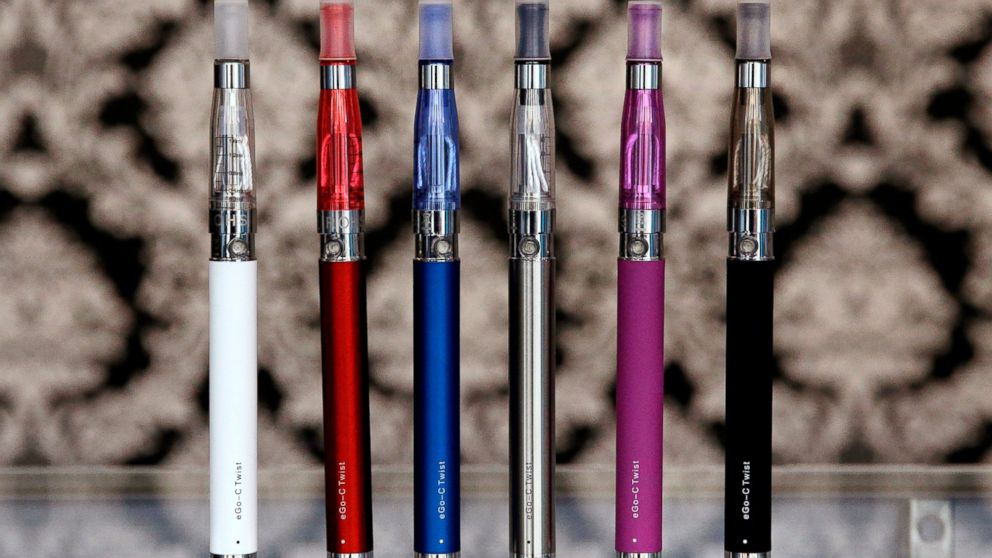
The Vermont House on Friday passed legislation that would impose a 92-percent excise tax on e-cigarettes as a way to dissuade teens from vaping.
U.S. health officials recently called the surge in youth using e-cigarettes an ” epidemic ,” and products like Juul and other e-cigarettes are now the top high-risk substance used by teens, according to U.S. figures .
Republican Gov. Phil Scott said in his budget address late last month that he supported such a tax.
“What we know is that these e-cigarettes are incredibly addictive,” said Rep. George Till, a Democrat from Jericho. “Nicotine is very addictive. These deliver more nicotine than regular tobacco products do and we know that kids who start with these are four times more likely to become regular smokers.”
According to the Public Health Law Center, nine states and the District of Columbia have a tax on e-cigarettes as of this fall. A number of other states have considered or are considering various taxes on them.
“There’s been a significant interest in e-cigarette taxation this session,” said Mark Meaney, lead senior staff attorney Public Health Law Center in Minnesota.
Vermont legislators are also working on measures to raise the age to purchase them to 21 and to prevent internet sales of vapor products into Vermont, Till said.
The electronic devices heat a flavored nicotine solution into vapor that is inhaled. Flavored e-cigarettes have been blamed for the rapid rise in youth vaping.
Vermont state Rep. James Gregoire, a Republican from Fairfield, said he supported the tax but proposed an amendment that would exclude from the tax people who use the devices with substances other than nicotine, such as medical marijuana or cannabidiol, or CBD.
“I don’t believe people who are using these devices for that purpose should have to pay what amounts to a sin tax,” he said before the amendment failed.
The bill now goes the Senate.





